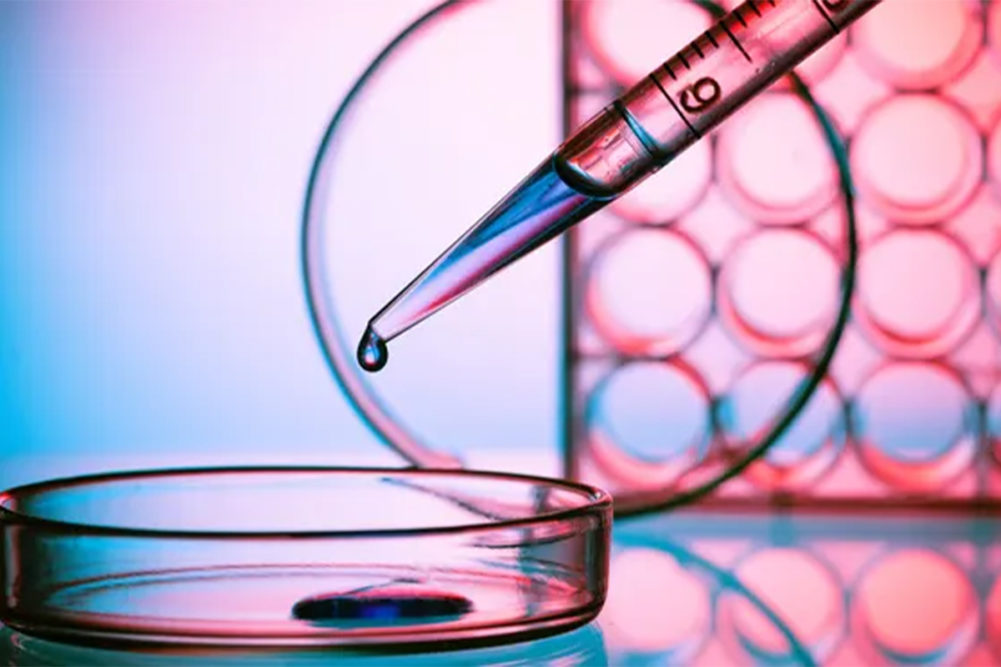BATH, UNITED KINGDOM — Clean Food Group, a food technology company based in the United Kingdom, plans to commercialize a yeast-based alternative to palm oil that could reduce global deforestation. Clean Food Group has acquired the intellectual property and the process developed by researchers at the University of Bath as part of a £1.8 million ($2.2 million) investment.
The high melting point and high saturation levels make palm oil a desirable ingredient in food applications as well as non-food applications like lipstick. Researchers at the University of Bath for the past three years have worked with Metschnikowia pulcherrima, a yeast used in South Africa’s wine industry, to cultivate an oily yeast that matches palm oil’s key properties almost identically, according to the university. The Metschnikowia pulcherrima strain also has been found in Vietnam, South Africa, Italy, France and on the University of Bath’s campus.
Clean Food Group will develop a pilot plant and seek regulatory approval for new products. Christopher Chuck, PhD, a professor of bioprocess engineering in the University of Bath’s Department of Chemical Engineering, leads the university’s research team. Clean Food Group will set up a laboratory in the department as part of the investment. Dr. Chuck will be a technical adviser for Clean Food Group.
“Our dependence on palm oil comes at a great environmental cost,” Dr. Chuck said. “We’ve worked over many years to create robust palm oil alternatives that give us a real chance to cut the impact of a range of products that until now have only been possible to produce with palm oil and the deforestation, pollution and emissions that come with it.”
While oil palm plantations in Malaysia and Indonesia have been linked to deforestation, the non-profit Roundtable on Sustainable Palm Oil develops and implements global standards for sustainable palm oil.





